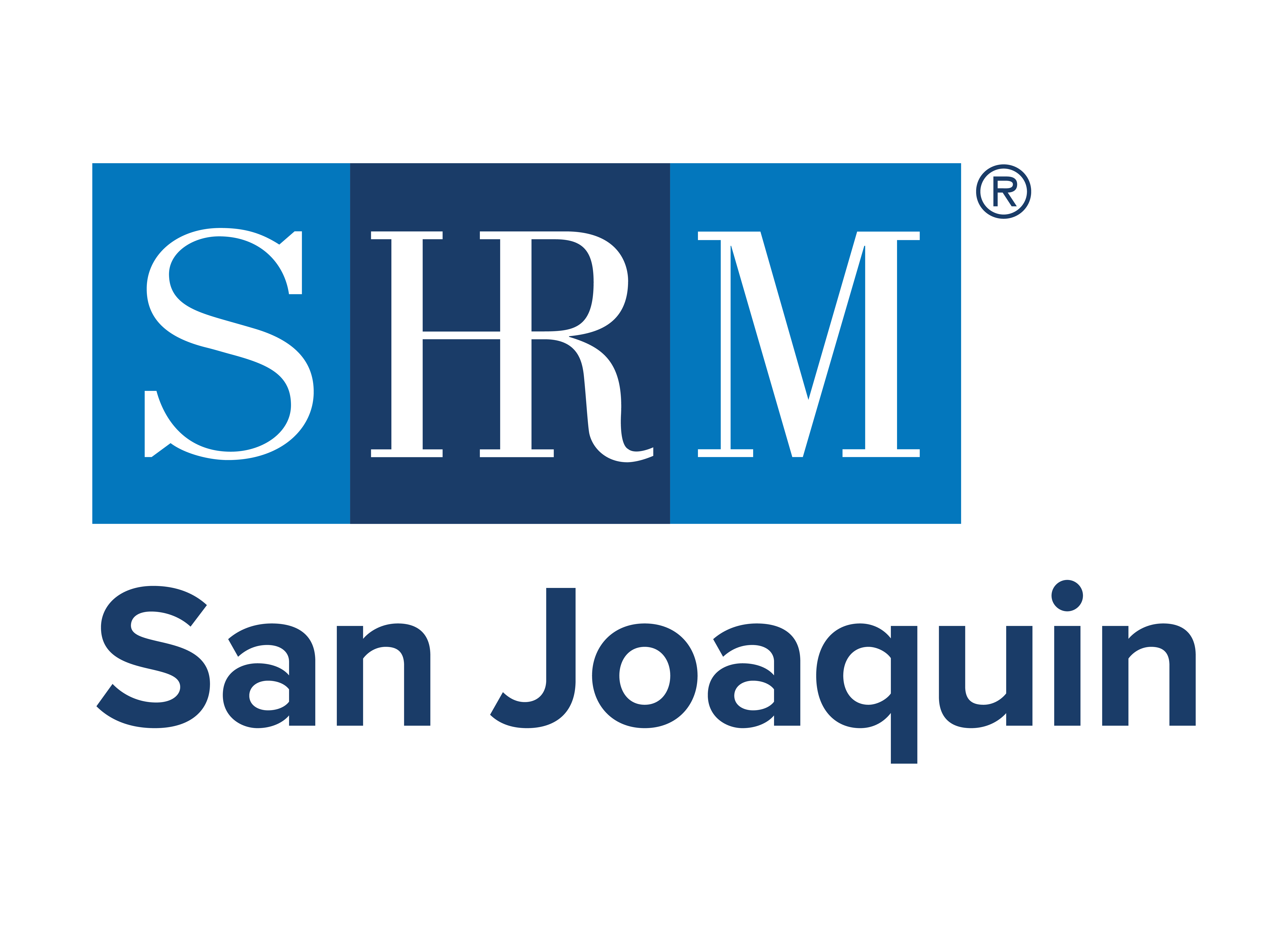Effective Date: 9/18/2009
Revision Date: 7/11/2024
Volunteers have an obligation to conduct business within guidelines that prohibit actual or potential conflicts of interest. This policy establishes only the framework within which, San Joaquin SHRM wishes the association to operate. The purpose of these guidelines is to provide general direction so that volunteers can seek further clarification on issues related to the subject of acceptable standards of operation.
Transactions with outside firms must be conducted within a framework established and controlled by the Executive Board of Directors of San Joaquin SHRM. Business dealings with outside firms should not result in unusual gains for those firms. Unusual gain refers to bribes, product bonuses, special fringe benefits, unusual price breaks, and other windfalls designed to ultimately benefit either the association, the volunteer, or both. Promotional plans that could be interpreted to involve unusual gain require specific Executive Board approval.
An actual or potential conflict of interest occurs when an volunteer is in a position to influence a decision that may result in a personal gain for that volunteer or for a relative as a result of the San Joaquin SHRM’s business dealings. For the purposes of this policy, a relative is any person who is related by blood or marriage, or whose relationship with the volunteer is similar to that of persons who are related by blood or marriage.
No “presumption of guilt” is created by the mere existence of a relationship with outside firms. However, if volunteers have any influence on transactions involving purchases, contracts, or leases, it is imperative that they disclose to the President or an Executive Director of San Joaquin SHRM as soon as possible the existence of any actual or potential conflict of interest so that safeguards can be established to protect all parties.
Personal gain may result not only in cases where a volunteer or relative has a significant ownership in a firm with which San Joaquin SHRM does business, but also when an volunteer or relative receives any kickback, bribe, substantial gift, or special consideration as a result of any transaction or business dealings involving San Joaquin SHRM.
The volunteer services of relatives or individuals involved in a dating relationship in the same area of the association may cause serious conflicts and problems with favoritism and volunteer morale. In addition to claims of partiality in treatment while serving, personal conflicts from outside the association can be carried over into volunteer relationships.
For purposes of this policy, a relative is any person who is related by blood or marriage, or whose relationship with the volunteer is similar to that of persons who are related by blood or marriage. A dating relationship is defined as a relationship that may be reasonably expected to lead to the formation of a consensual “romantic” or sexual relationship. This policy applies to all volunteers without regard to the gender or sexual orientation of the individuals involved.
Relatives of current volunteers may not occupy a position that will be reporting directly to or supervising their relative. Individuals involved in a dating relationship with a current volunteer may also not occupy a position that will be reporting directly to or supervising the volunteer with whom they are involved in a dating relationship. San Joaquin SHRM also reserves the right to take prompt action if an actual or potential conflict of interest arises involving relatives or individuals involved in a dating relationship who occupy positions at any level (higher, lower or the same) in the same volunteer groups or committees that may affect the review of decisions, or that may potentially compromise Chapter Bylaws or Code of Ethics.
If a relative relationship or dating relationship is established after appointment to the Board or a committee between volunteers who are in a reporting situation described above, it is the responsibility and obligation of each Board member involved in the relationship to disclose the existence of the relationship to the Executive Board. The individuals concerned will be given the opportunity to decide who is to be transferred to another available volunteer position. If that decision is not made within 30 calendar days, the Executive Board will decide who is to be transferred or, if necessary, removed from the Board. In other cases where a conflict or the potential for conflict arises because of the relationship between volunteers, even if there is no line of authority or reporting involved, the volunteers may be separated by reassignment or removed from the Board. Volunteers in a close personal relationship should refrain from public displays of affection or excessive personal conversation.

